


Our future is tied to and interconnected with our local, state, national, and international partners. We will create and sustain partnerships that allow our research to have impact locally and globally, our education to prepare students for civic engagement and impact, and our service to create solutions for a more equitable, sustainable, and resilient world.
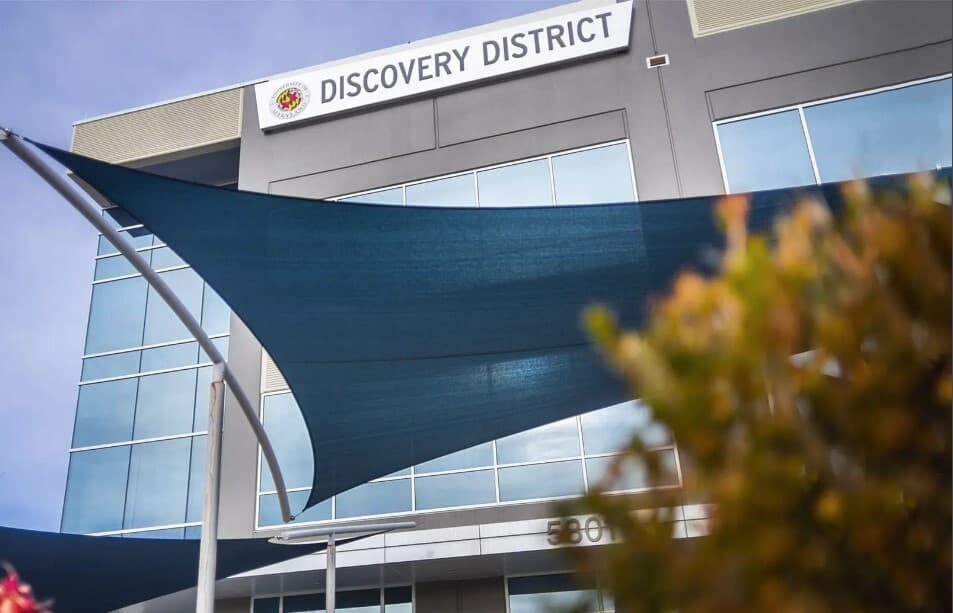
The university’s dynamic research park—the Discovery District—brings together a vibrant and inclusive community of university stakeholders, corporate partners, government researchers, entrepreneurs, and local residents.

Discovery District
The Discovery District is fostering research and industry partnerships, supporting small businesses, and nurturing the growth of next-generation technology ventures. It encompasses cutting-edge startups, longstanding firms, co-working space, a public charter school, stylish eateries, a top-flight hotel, easy connections via the College Park Metro Station, and much more.
In 2024, the Discovery District Partnership (DDP) was formed, a collaboration between UMD units including the Office of General Counsel, Office of Real Estate, and the VPR’s Office of Innovation along with a handful of real estate stakeholders: Terrapin Development Company (TDC), St John Properties, COPT Defense Properties and Gilbane Development. Managed by the staff at TDC, the DDP provides a variety of work-life and residential-life amenities and activities intended to foster a greater sense of community.
Some key recent and forthcoming projects include:
A graduate student housing project, which will house 740 student beds at a below-market rent and will open in Fall 2026.
The Aviation Landing mixed-use real estate development, a joint venture between TDC and private sector partners, continues to move forward.
The Atworth, a 100% affordable housing transit-oriented project, opened its doors in April. Containing 451-residential units, this apartment building is bringing new tenants to the research park.
Nearly 200 Washington Commanders employees moved into their offices to the Discovery District. The team has already connected with campus programs for a variety of purposes ranging from internships to experiential-learning opportunities, as well as speaking engagements.
The Anacostia Building now serves as the home for UMD’s National Center for Smart Growth, Environmental Finance Center, and others.
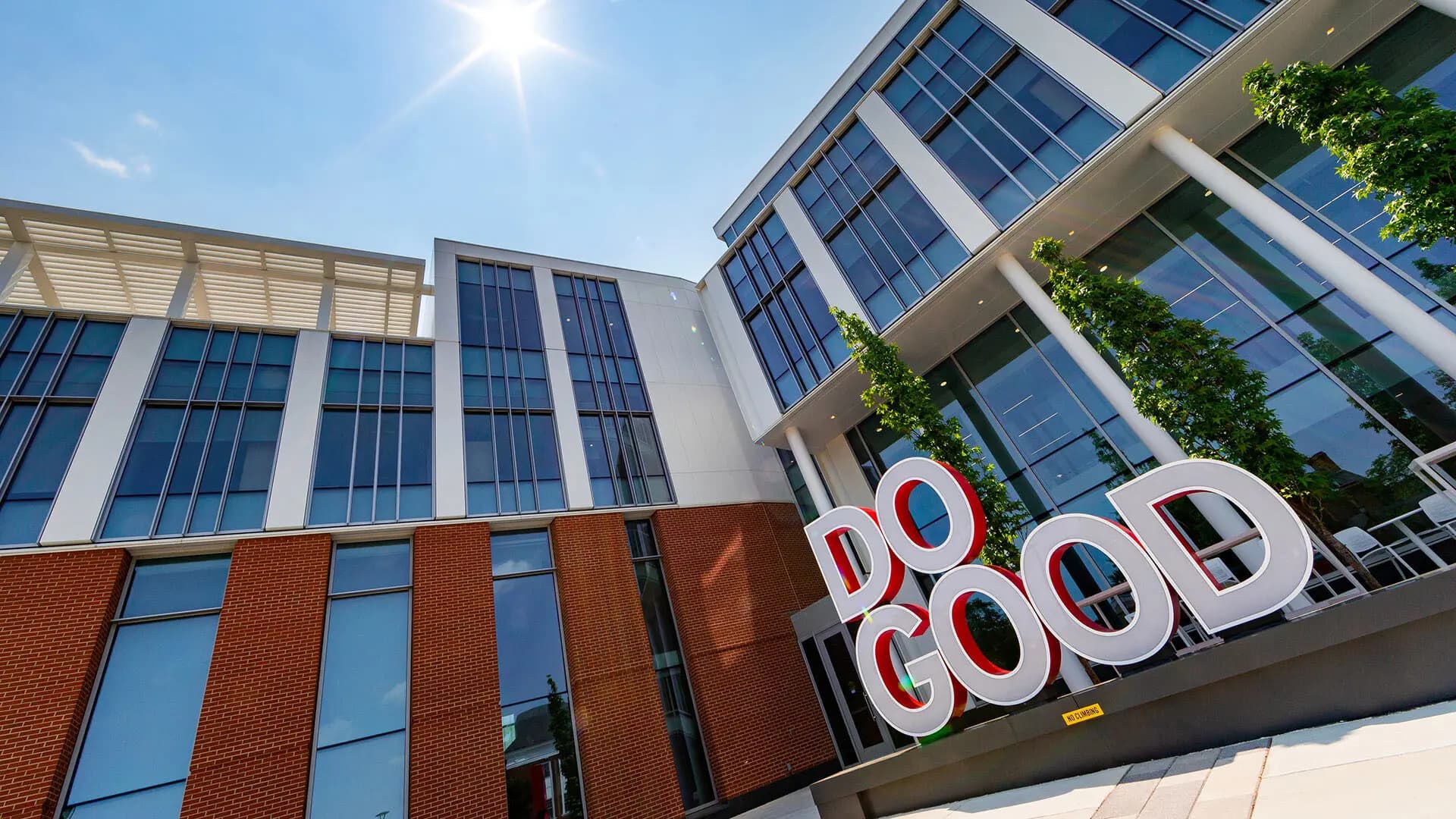
The university’s Do Good Campus initiative is focused on developing and growing programs that are centered around supporting all Terps to take what they are passionate about and make an impact.

Do Good Campus
The Do Good Campus initiative launched in 2016, and was expanded in 2023 to to include additional campuswide investments to expand our university's leadership and impact to advance the public good. Do Good Campus includes the Do Good Institute, which offers hands-on experiences, funding opportunities, engaging curriculum, and effective programs that prepare Terps with the skills, experiences and resources to Do Good throughout their lives.
In 2024, Do Good provided programming and approximately $1 million in direct support that equipped Terps from all parts of campus with skills, experiences, and resources needed to make an impact. The university also celebrated the installation of a new interactive audio art exhibit, the “Do Good Rings,” which features built-in speakers with messages encouraging passersby to do good.
Additional accomplishments from 2024 include:
The Do Good Campus initiative’s signature initiative, the Do Good Campus Fund, awarded over $459,000 to student, faculty, and staff projects from all colleges and schools.
Delivered in-class modules to 2,270 students (up from 895 last year) to introduce social impact concepts and spark student thinking about how they can become changemakers.
Impact Interns matched 84 students from 9 schools/colleges with a paid summer internship (46% more than 2023).
Do Good Accelerator supported 75 student Fellows (56% increase from 2023) from 10 schools/colleges with stipends, space, programming, and 1:1 coaching to help them scale up their projects/ventures.
Do Good Challenge provided prize funds to students from 9 colleges/schools.
The Do Good Campus Strategic Leadership Council is a group of senior administrators from colleges, schools and units across campus. The Council members support the operation of the Do Good Campus Fund, support students in their unit to access growing Do Good Institute program opportunities, and surface new collaborative opportunities to advance our Do Good Campus.
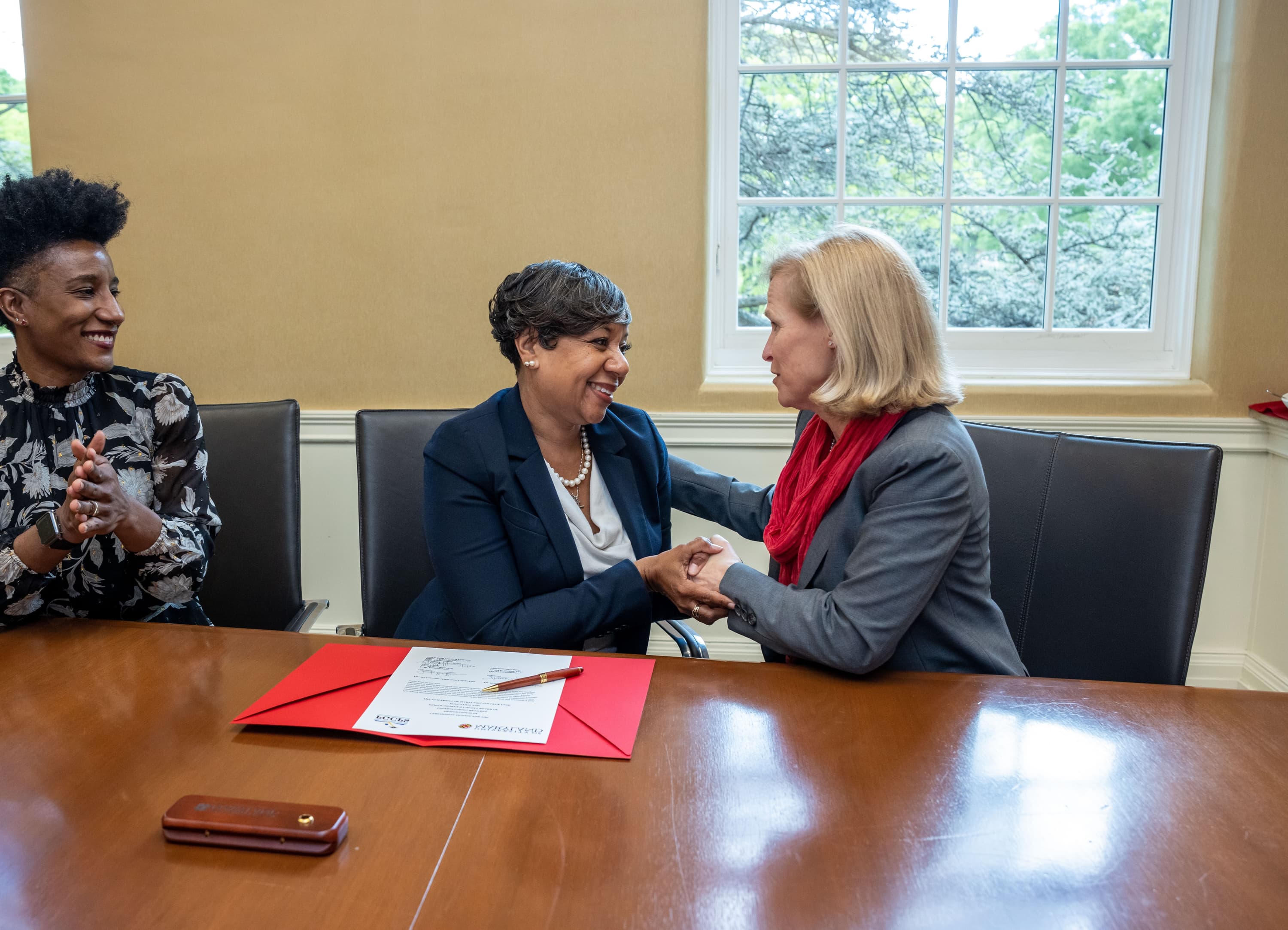
The Center for Community Engagement connects the resources and talents of the university, people and communities, and facilitates connections and partnerships to support impact-driven and community-centered research, teaching and service that advances the public good.

Center for Community Engagement
The Center for Community Engagement is focused on collaborating with the university’s surrounding communities, advancing community-engaged research, teaching and learning, inspiring a campuswide culture to Do Good, and amplifying and expanding our university’s reach.
The Center officially launched in 2024 with the arrival of our inaugural Associate Provost for Community Engagement, Tania Mitchell. The work of the center is currently under development.
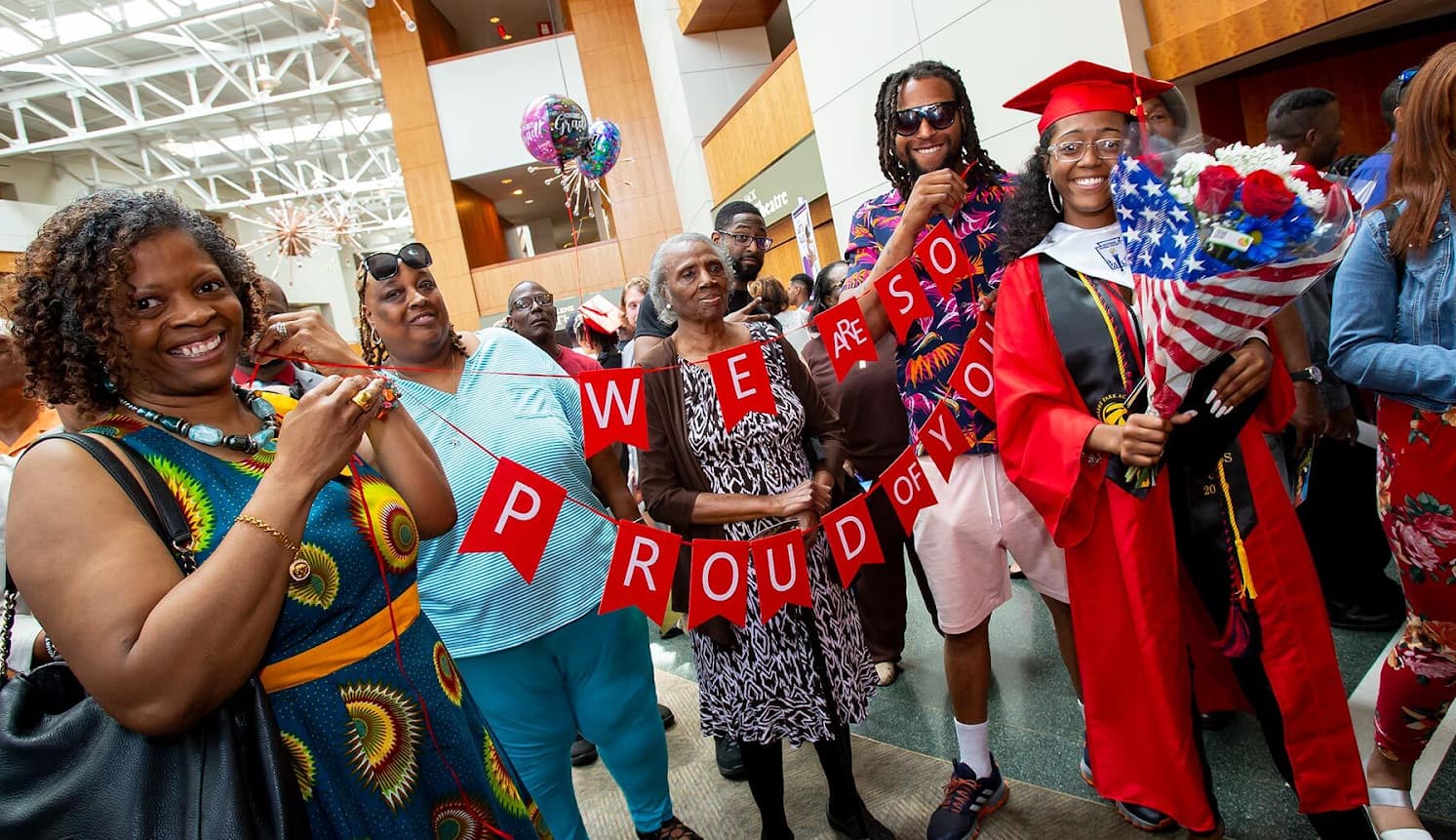
As the state’s flagship university, we are committed to serving the people of Maryland by enhancing P-20 education in Maryland, and offering pathways for Maryland residents to the university.

Enhancing P-20 Education in Maryland
The Office of Undergraduate Admissions continues to develop and sustain relationships and work with communities in Prince George’s County and Baltimore City, including:
Working with the Prince George’s County Office of College Readiness to prepare students for the college admission process through participation in webinars and panel discussions for the county’s counselors.
Hosting an annual school counselor breakfast to provide valuable information prior to the official start of the high school academic year.
In addition, our partnership with the Prince George’s County Office of College Readiness includes offering one-on-one advising for interested prospective students to learn more about the college application timeline.
The Office of Undergraduate Admissions’ College Access Conference assists students and families with the college application process.
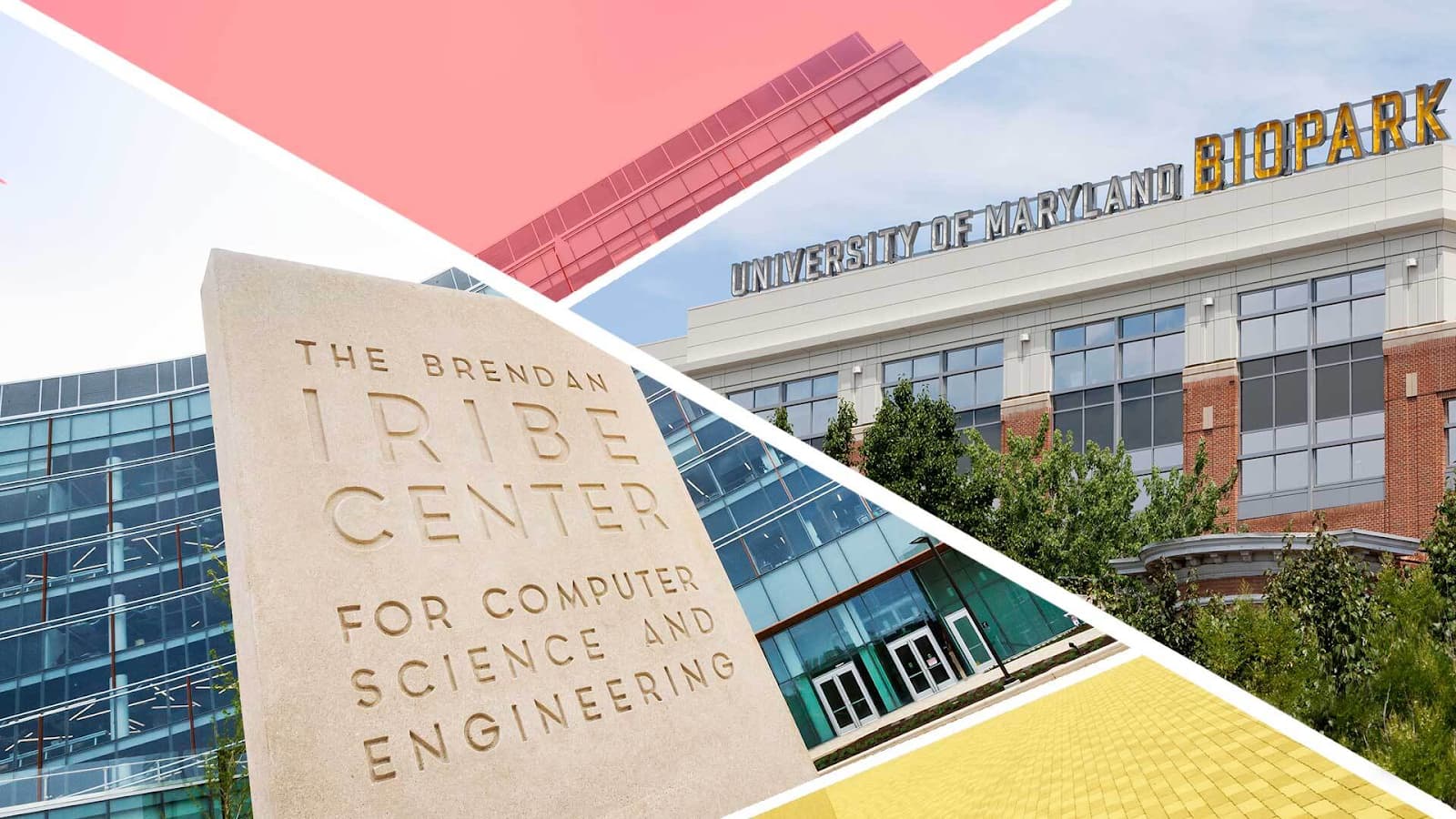
The MPower Professorship Program, a collaboration between the University of Maryland, College Park and the University of Maryland Baltimore, is a named professorship that fosters collaborations between faculty at the two institutions working together on the nation’s most pressing issues.

MPower Professorship Program
The MPower Professorship award includes funding to support professors’ salaries or supplemental research activities and is part of the MPowering the State initiative, which leverages the unique strengths of both institutions. The inaugural cohort of researchers was selected in November 2021.
The fourth cohort of MPower professors includes seven faculty, bringing the total appointments to date to 27 faculty.
The most currently named professors – three from the University of Maryland, College Park and four from the University of Maryland Baltimore -- represent the fields of medicine, pharmacy, dentistry, computer, mathematical, and natural sciences, and agriculture and natural resources. Each appointment is for three years and is accompanied by $150,000 in funding.
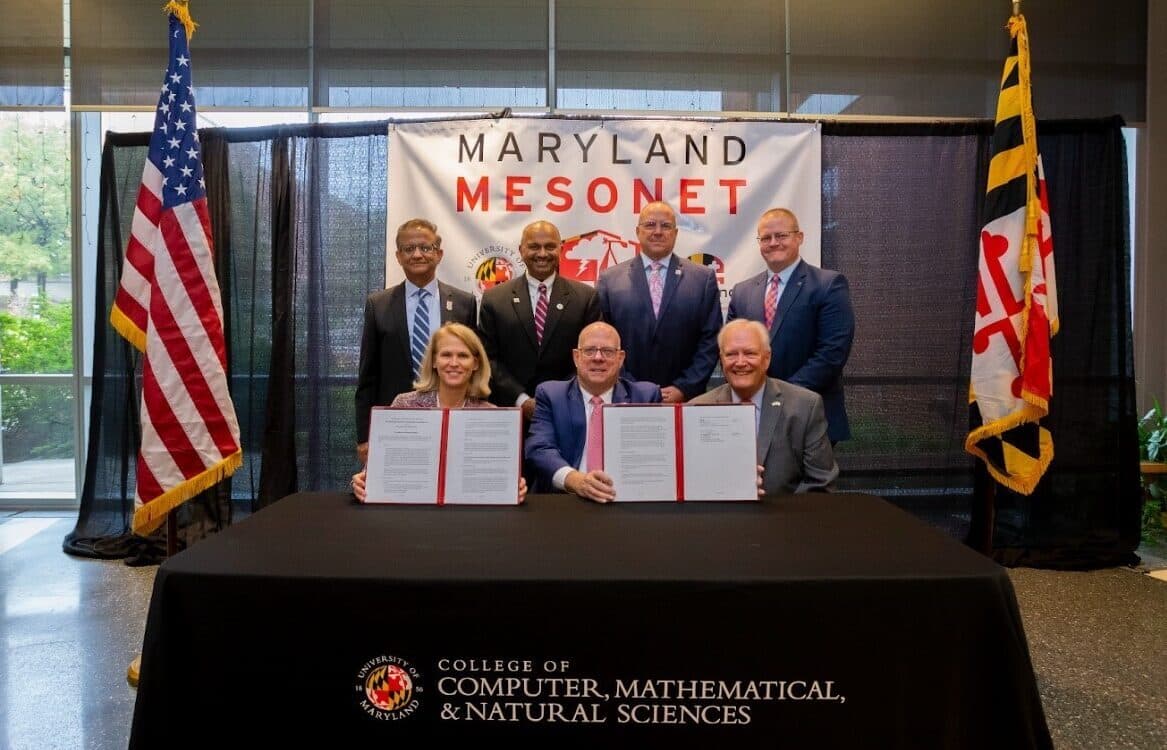
Goal 1
Goal 1
Expand our impact through strategic research partnerships with local, state, national, and global stakeholders.
Objectives
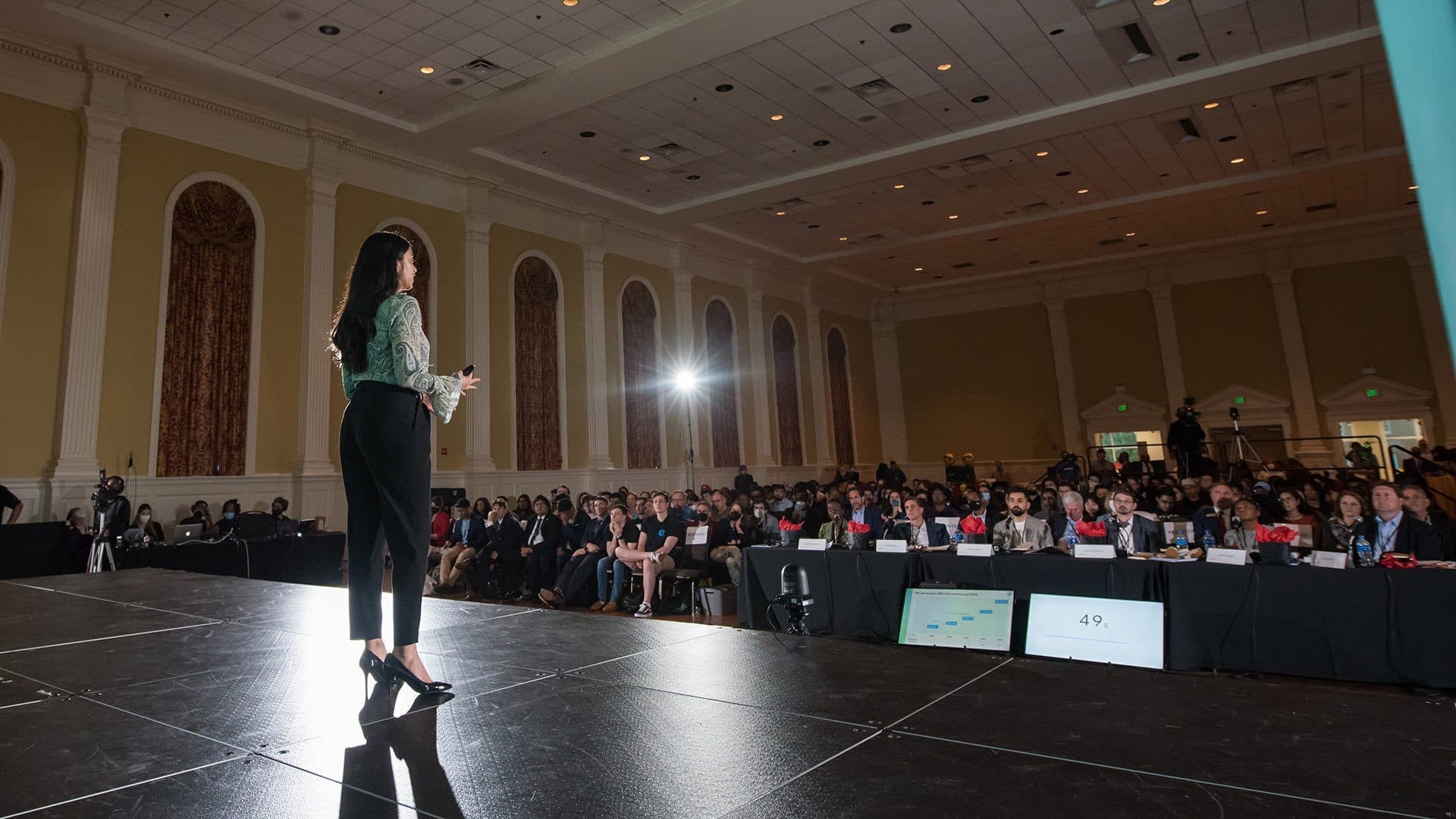
Goal 2
Goal 2
Catalyze innovation and entrepreneurship for inclusive economic development.
Objectives
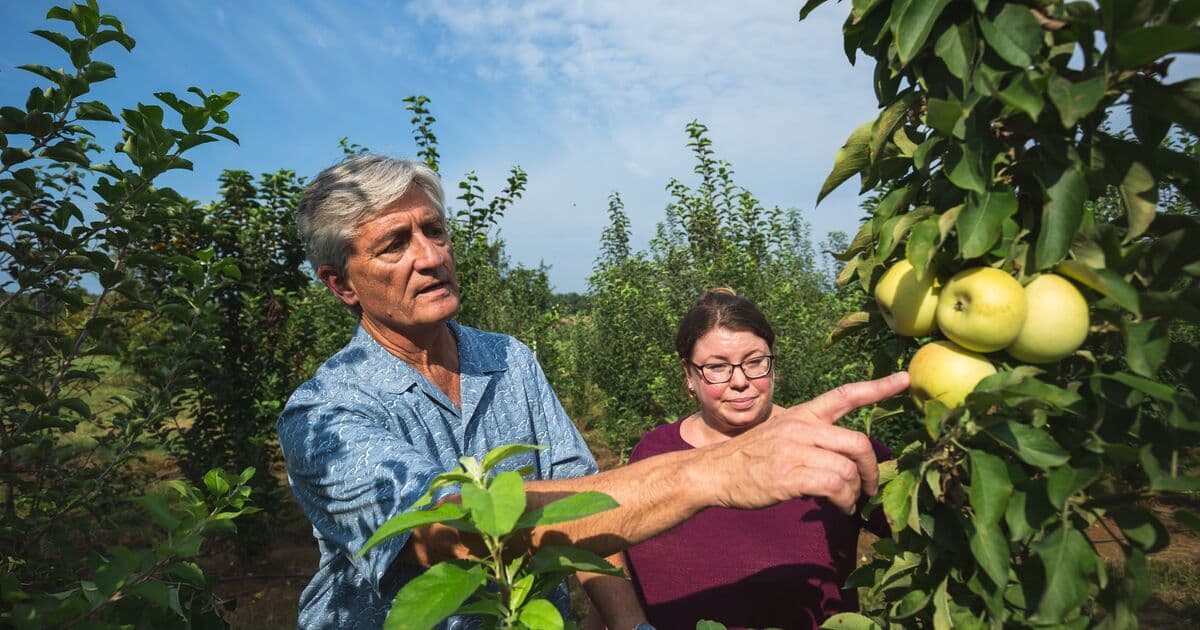
Goal 3
Goal 3
Enhance the economy, educational outcomes, social justice, quality of life, and civic engagement of our neighbors and neighborhoods through relationship-building and ongoing commitment to partnerships.
Objectives
FEARLESSLY FORWARD IN PURSUIT OF EXCELLENCE AND IMPACT FOR THE PUBLIC GOOD: THE UNIVERSITY OF MARYLAND STRATEGIC PLAN is a living document and will evolve and grow as we do. Please visit this site to follow our progress as we move fearlessly forward.